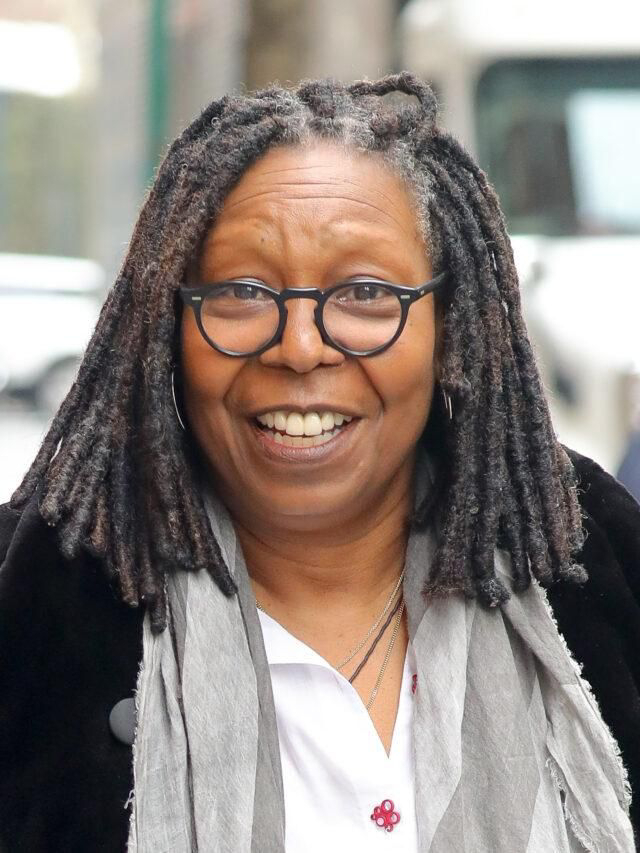🎤 A Word I Never Knew — And Why It Should Never Be Said Again: Baby Diaz
This week, I came across a video on TikTok that truly left me stunned. A South African-born rapper named BabyDaiz, who is Congolese like me, used a word in one of his songs — a word I had never heard before in my life. A word that shook me. A word that, even now, I will not repeat. Let’s just call it “the K-word.”
I want to share what I’ve learned, how I feel, and why I believe this moment matters — especially for young people like me, born in South Africa, carrying Congolese roots, and navigating between cultures, languages, and identities.
⚠️ The K-word: A Word of Hate
What is the K-word? Historically, it is one of the most offensive racial slurs ever used in South Africa. It was weaponized during colonialism and apartheid, used to degrade, dehumanize, and humiliate Black South Africans — in workplaces, schools, courts, and homes.
Today, it is considered hate speech under South African law. Just saying it out loud — in a song, online, or in conversation — can result in legal consequences, social backlash, or even criminal charges.
It’s not just “a bad word.” It’s a deep wound, tied to centuries of oppression, racism, and suffering. And using it casually — especially in music — is not art. It’s not edgy. It’s not funny. It’s dangerous.
🌍 But Here's the Shocking Part…
I found out that this word didn’t even start in South Africa.
Its roots go far back — to Arabic. The word "kāfir" (كافر) simply means non-believer or disbeliever in Islamic theology. It appears in the Qur'an and is still used by Muslims around the world to describe those who reject the faith.
But during colonial times, Europeans took that word and twisted it — using it to label Africans who didn’t share their religion, their race, or their worldview. Portuguese colonists spread it into Africa, and eventually, it became a slur in the mouths of slave traders, settlers, and racists. In South Africa, it evolved into a weapon of white supremacy.
It’s wild to me that one word could travel through so many languages and lands — only to become something so cruel and shameful.
🎧 BabyDaiz and the Problem of the Song
The song where I first heard this word is called “Alex Tobina” by BabyDaiz. He’s a young artist born in Cape Town, but clearly connected to Congolese culture — the lyrics are mostly in Lingala, and the Congolese flag even appears in his visuals.
So in a way, he's like me: South African-born, but rooted in Congo.
But that doesn’t make it okay.
If anything, it makes it worse — because growing up in this country, we know what that word means. We know how painful it is for Black South Africans. It doesn’t matter if the rest of the lyrics are in Lingala. It doesn’t matter if it was said jokingly, carelessly, or “creatively.” That word hurts, no matter the language, the beat, or the rhythm.
🧠 My First Time Hearing It
This was literally my first time hearing the K-word. I didn’t grow up with it. It’s not part of Congolese history or culture. But after just one TikTok video, I felt a weight on my chest. I couldn’t ignore it.
I started researching, asking questions, reading up on why this word is so powerful — and now I know. And I will never forget.
✍🏾 To Fellow Creatives and Immigrants
To my fellow Congolese youth in South Africa — and to any artist trying to build a brand: we are part of this country. Our words have power here. We share the air, the struggle, and the responsibility.
You don’t get a “free pass” because your parents are from somewhere else. If you’re born here, raised here, benefiting from South African audiences and platforms — then you have to respect this land’s history and trauma.
Let’s not be careless with language. Let’s not entertain people by reopening wounds.
Disclaimer: Images used on this blog are for illustrative purposes only and remain the property of their respective owners. No copyright infringement is intended.





No comments:
Post a Comment